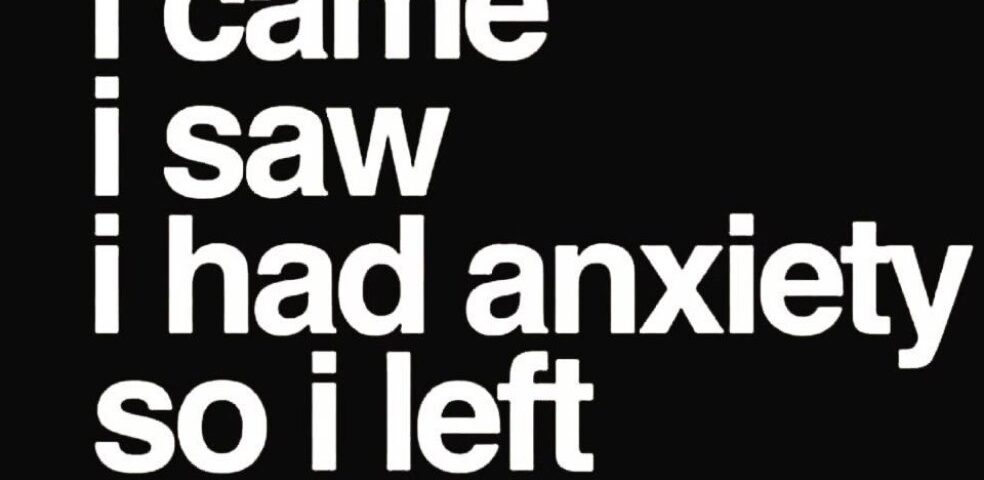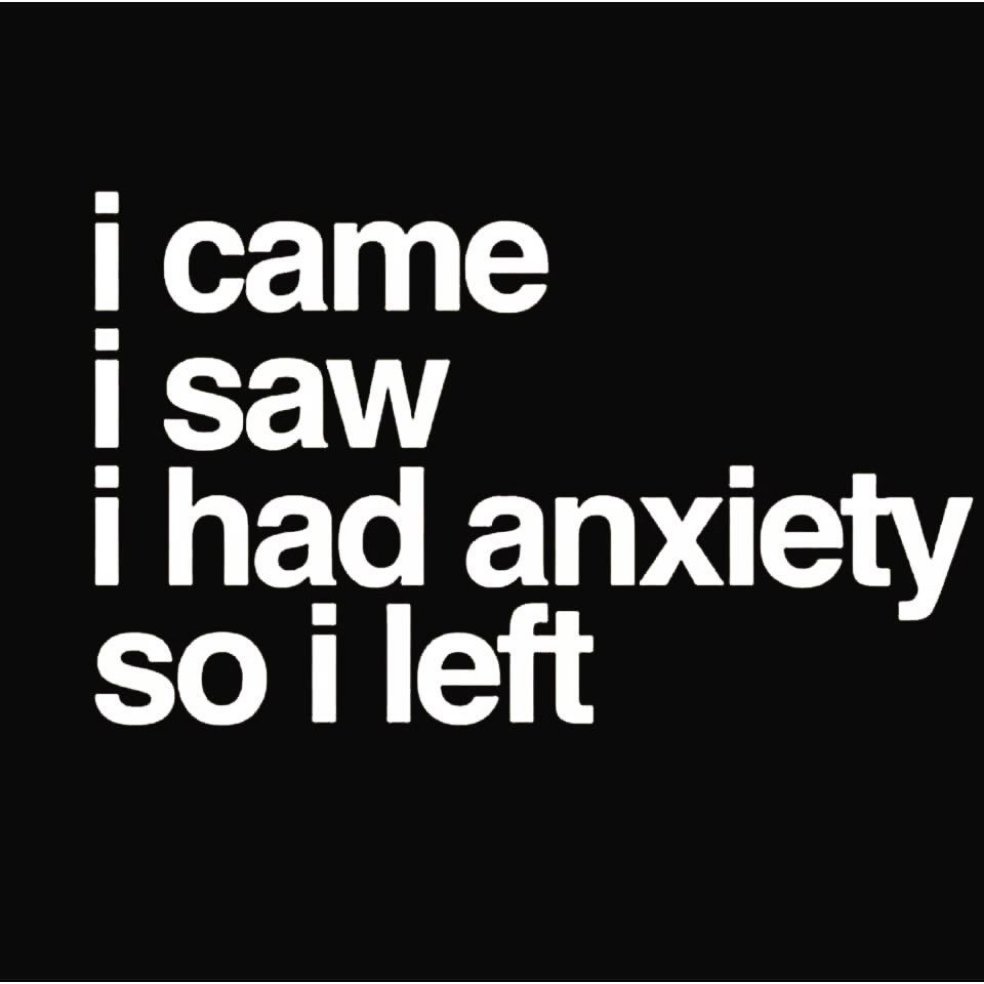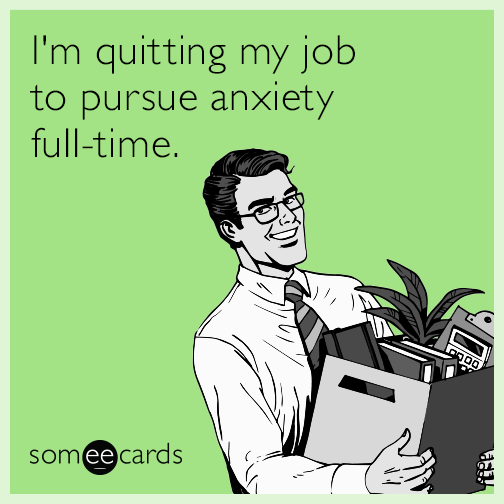

Happy Day after St. Paddy’s Day! Irish you the best. Hopefully Last week we set the stage with some stats and stories about anxiety. Thanks for all the encouragement and insight and feedback. This week I want to share some strategies for dealing with anxiety. What do you actually do? I asked 3 trusted, widely recognized expert counselors for their best advice for dealing with anxiety.
The first step is to acknowledge your anxiety. Identify it. Recognize it. Let anxiety know you see it and feel it and know it’s in the “car” of your life. But it doesn’t get to drive the car. You do.
Feelings are great friends but terrible masters.
It is also important to differentiate between helpful anxiety and harmful anxiety. Helpful anxiety is feeling nervous and it heightens your senses. It makes you more alert and perceptive. I like to imagine that it is fueling me for optimal performance and accomplishment. We are to embrace and harness it. This is completely common and normal.
Harmful anxiety, on the other hand, can be paralyzing. It can be debilitating. It seeks to destroy. I mentioned some of the distinctives between what’s normal and when to seek help last week. Here is one article about the difference between the regular feelings of anxiety and a possible anxiety disorder. And here’s another.
Anxiety: What if this happens?
Me: It won’t.
Anxiety: But what if it does?
Me: Good point. I will overthink it and obsess over it and let it control me for the next week.
The top advice from the counselors I polled:
- Don’t fear the label. Depression and Anxiety are very likely for people in late adolescence, but they are descriptive of what we are experiencing, they aren’t diseases to be feared or diagnostic labels that define us – so if you think you might be experiencing either, don’t be discouraged by it – most people who address depression/anxiety will find relief, and the sooner you address it the better.
- Don’t just listen to your thoughts/heart but speak to them/it. To allow your thoughts/feelings to have control isn’t helpful. Think of your life as a car – they are allowed to be in the car, they can even be loud and obnoxious, but they aren’t allowed to drive the car.
- Take a break from social media. People (like me!) often take a break from work by scrolling through Insta, Snap, FB, etc. and this might actually do more harm than good. Two people sent me this WSJ article about the NBA, social media, and anxiety. in response to last week’s post. I have realized that something I look to for a distracting break (social media) might actually be causing me more anxiety.
- Find a trusted friend/confidant or a counselor (if you’re going to college, counseling may be offered for free) to share what you’re feeling. Most people, when given the chance to express how they feel and what they’re struggling with, find relief and hope.
- Breathe. Focused breathing is the number one preventative measure for anxiety. Lots of youtube videos can show you how to do focused/controlled breathing.

DON’T GIVE UP. ASK FOR HELP. You are not meant to be on this journey alone.
This is not a one-size-fits-all type of deal. You should begin by trying to figure out what triggers your anxiety. Is it work, school, family, or something else? Pay attention to what happens when you begin to feel anxious. Do you freeze up? Do you want to run away? Where do you feel it? Your stomach? Your chest? Journal this info and see if there’s a pattern. This is all data you can use. As soon as you notice your first sign, focus on breathing deeply and then doing something that you know will help you calm down. Being pro-active goes a long way. I’m cheering for you and in your corner.
Next week: More strategies to overcome anxiety
